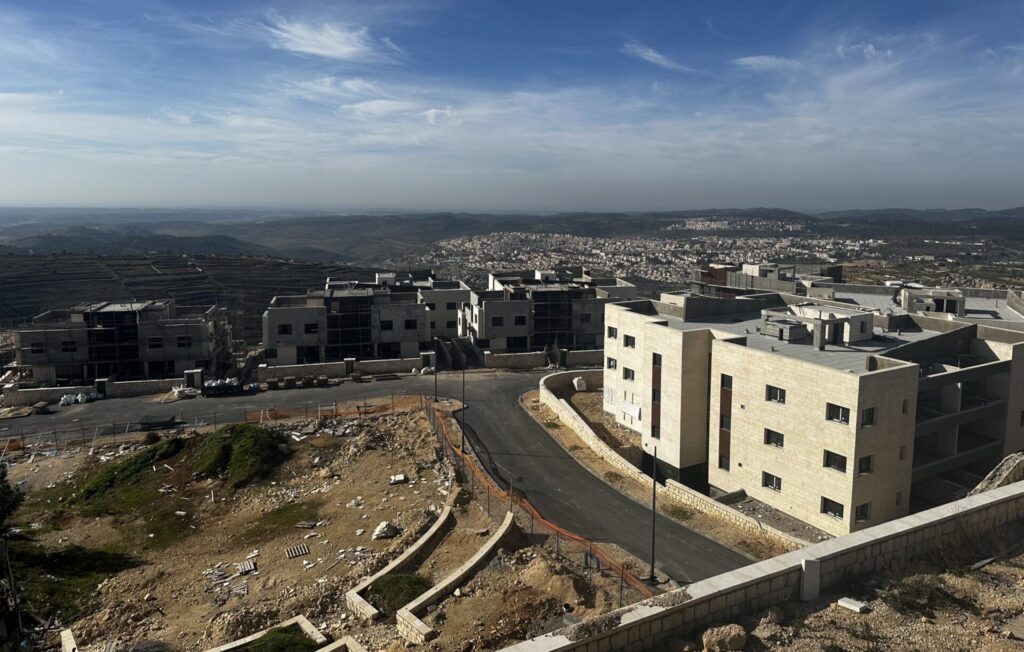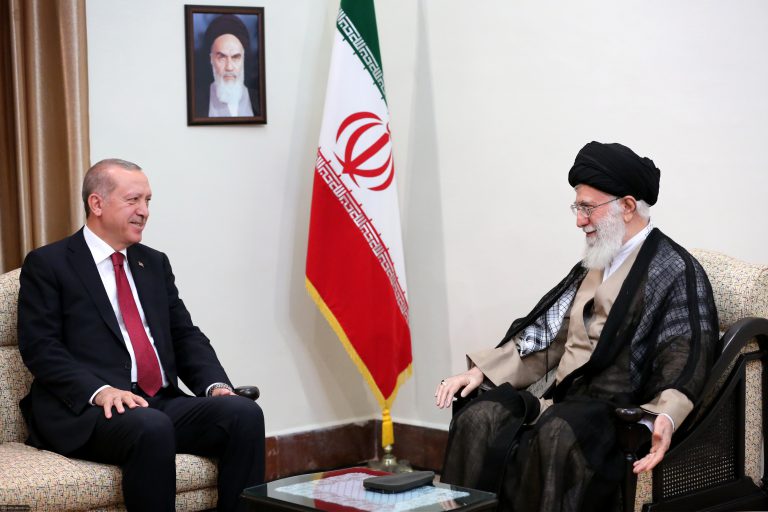At the 18th anniversary celebrations for the settlement of Ofra, held months before the Oslo Accords were signed, the highest-ranking guest was Deputy Defense Minister Motta Gur from the Labor Party. He was polite enough not to offer wishes for the settlement’s longevity. At the 25th anniversary, Benjamin Netanyahu attended as a concerned private citizen under Ehud Barak’s government, jokingly requesting an invitation for the 50th anniversary. The 30th anniversary celebration was canceled due to Israel’s disengagement from Gaza, and Prime Minister Ariel Sharon did not even send a congratulatory message.
This week, Ofra began celebrating its 50th anniversary with unprecedented senior representation. Prime Minister Netanyahu will attend, but equally noteworthy is the participation of Benny Gantz, head of the National Unity party and widely seen as Netanyahu’s main political rival in recent years.
Gantz’s comments this week positioned him well to the right of even the Israeli center-right of a decade ago. “The disengagement was a process with lots of problems. But the biggest mistake, in my opinion, was evacuating the northern settlements of Dugit, Nissanit, and Elei Sinai… We should have stayed there to control the territory, but principally there was a need to remain there in order to inform the world that the 1967 lines are not relevant,” Gantz stated. During one of the first cabinet meetings of this current war, he added, “I argued for seizing territory in Gaza as part of the price Hamas must pay, at least until regime change occurs.” He concluded firmly: “Anyone talking about a Palestinian state or withdrawals is simply disconnected from the security reality.”
While Gantz never openly supported the Gaza disengagement, his public tone upon entering politics was notably different. In a 2019 interview with Yedioth Ahronoth, he said “the disengagement was carried out according to the state’s strategic considerations. Everyone involved deserves high marks for managing the withdrawal without tearing apart Israeli society.”
But when asked directly if he regretted dismantling the settlements, he replied, “it was a lawful action, decided by Israel’s government, and implemented by the IDF and settlers painfully but effectively. We must take these lessons and apply them elsewhere.”
The establishment of Gantz’s Blue and White party marked the end of Israel’s traditional political left as a meaningful force, signaling the rise of a new political center. His latest comments confirm this decisive shift. Perhaps it’s the impact of October 7 or shifting priorities in the public debate, but Ofra, the first Jewish settlement in Samaria, has become broadly accepted. Among opposition leaders today, only the Democrats’ Yair Golan openly identifies with traditional left-wing views. Despite the fierce and noisy polarization in Israel, the once-dominant debate over settlements has quietly reached near silence.
The rise of the Blue and White party signaled the demise of the political left as a significant force, solidifying the new political center. Gantz’s remarks this week seal the shift, underscoring Ofra’s acceptance as a national consensus.
The above is an excerpt from my Shabbat column in Yedioth Ahronoth.









